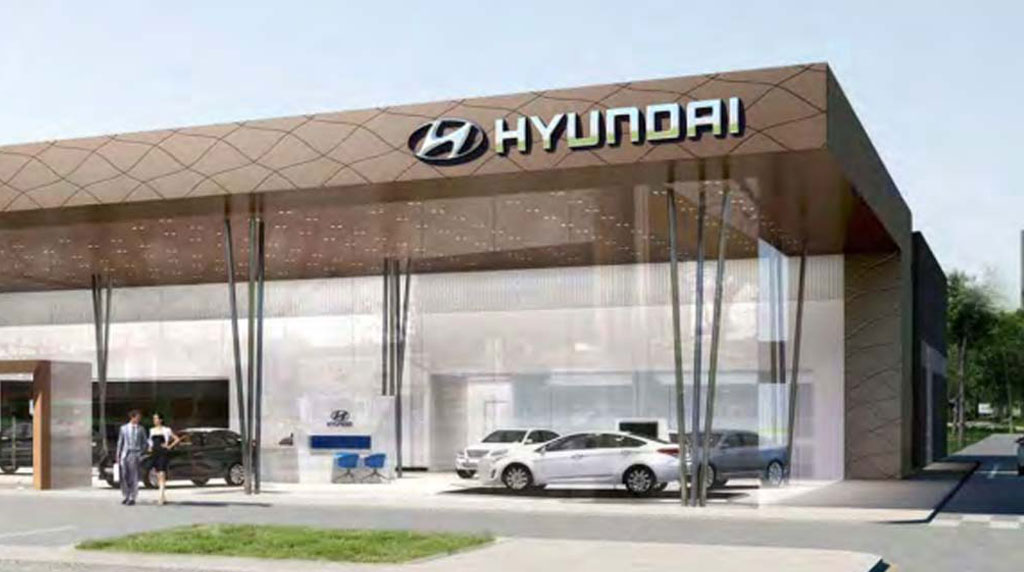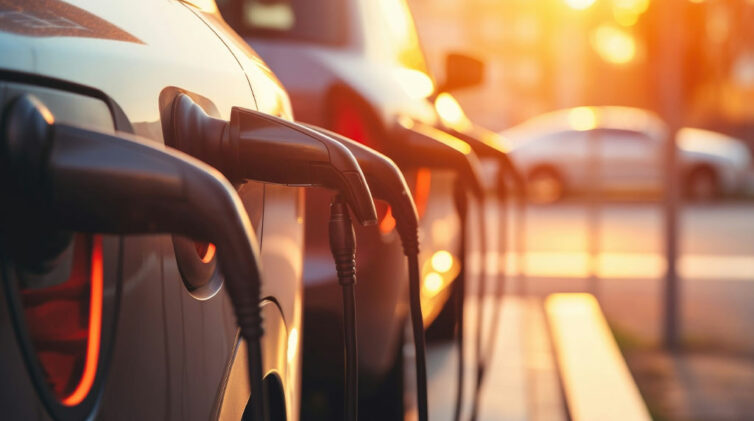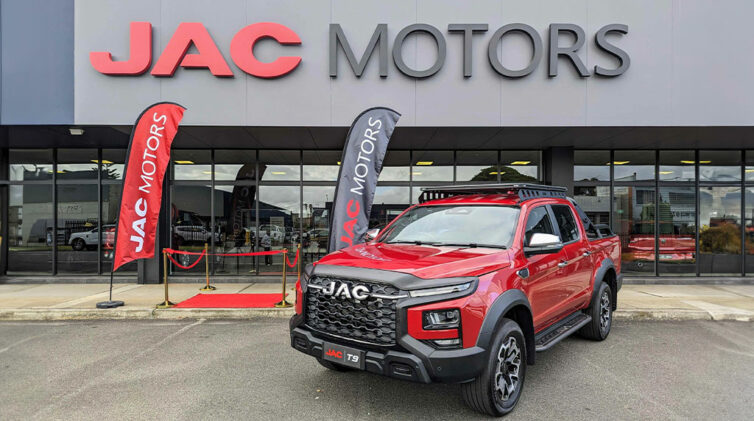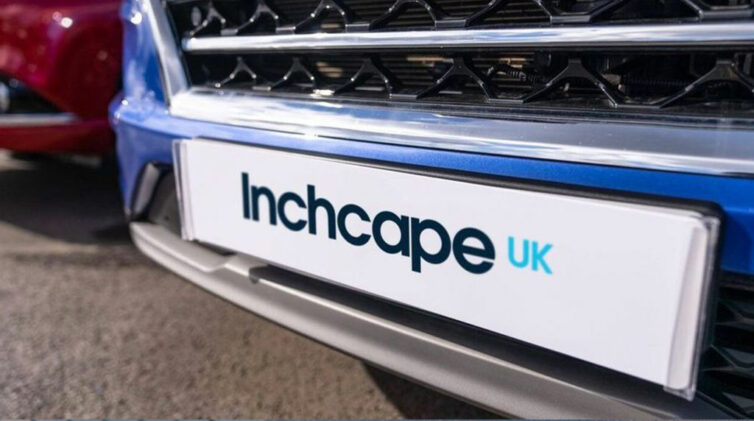Because the number of Hyundai dealers selling and supporting battery electric Ioniq vehicles has grown to 80 – half the network – as supply of these models has opened, a lot of showrooms are now operating on a hybrid model under which fixed-price Ioniq models are sold on an agency basis and the mainstream Hyundai range retains a traditional structure.
Genesis showrooms are owned and operated by HMCA and also operate fixed pricing.
During a recent media briefing in Melbourne, HMCA chief operating officer John Kett said that by evaluating multiple approaches simultaneously, Hyundai hopes to determine the most equitable system for both the company and its dealers – the latter having been spooked by the recent experience of Honda and Mercedes-Benz dealers in their switch to agency.
Mr Kett was also mindful of the part customer retention plays in the success of dealers as vehicles become increasingly electrified but, provided owner loyalty can be fostered, remained optimistic about service revenue for the next decade at least.
He said the agency model aims to protect pricing and maintain margins but noted that dealers – and around half of customers – are more comfortable with negotiation, so testing will help establish which system, or combination of systems, works best over the long run.
To this end, Mr Kett said he hoped there would not be a discrete franchising code for the automotive sector and that any reforms do not “tie down” HMCA’s ability to experiment with business models “because we have a real consciousness about mutual benefit”.
“If we’re going to do something, the network that is going to take us there needs to benefit,” he asserted.
Mr Kett emphasised the importance of ensuring sales staff understand that compensation will not be impacted by HMCA’s decision to sell Ioniq models on an agency basis – nor that this would ultimately lead to adoption of a full-scale agency model – and that dealer profitability remains a key priority.
He said Hyundai is having conversations to demonstrate that margins can remain strong under agency sales – even if discounting power is reduced – as well as emphasising that levers such as trade-in valuations and F&I remain at dealer discretion.
“We’re looking at the average gross they’re getting across all of that mainstream business and fixing it as a percentage in this (agency) business,” he explained.
“You’re not having to trade anything away – that’s on us if we’re on a discount – so (we are) just trying to ensure that margin … I’m not saying everyone’s sending thank you letters for this but I want three different models to test, to see what wins.”
However, Mr Kett acknowledged that Hyundai needs to prioritise aftersales to maintain strong relationships with its retail network partners and, in turn, customers. Fair compensation models that account for evolving market conditions are part of the process.
“Because the dealers are faced with incredible inflationary effect, let alone trying to access technicians, occasionally we’ll have to right-size the pricing of our current servicing with increases of one or two per cent to effectively address the labour rates so we can retain the talent,” he said.
“So it’s trying to start building this aftersales culture around service and profitability; if we pay better and retain staff better, our customer experience will start to improve and these things will start to resolve – we hadn’t been investing enough in that.”
The impact of electric vehicles on aftersales revenue at dealerships remains contentious due to their longer servicing intervals – every two years in Hyundai’s case – and fewer traditional mechanical maintenance requirements, but Mr Kett said this could be offset by HMCA’s aspiration to increase annual sales volume – eventually back to 100,000 units – and other factors.
“When we look at our volume aspirations, EV goes up but our ICE vehicles and our hybrids grow quite dramatically too,” he said.
“With just a little bit of extra loyalty and retention to get back to where we were – because COVID wiped away a little bit of loyalty from everyone – just by bringing that service proposition back, we don’t think we’ll see a deterioration in our service levels in terms of actual services until 10 years from now,” he predicted.
“That’s because the cars still need to be serviced and at that demarcation point where EVs take over, the hybrids still require an almost identical servicing schedule (to ICE) so we feel good about that and it’s an easy conversation to have.
“We’ve got to have this conversation with our network; we’re conscious that for our profitability and theirs that we all need greater retention – It’s not just for aftersales, it’s about loyalty going forward.”
Mr Kett described the Hyundai brand’s current retention rate through dealer service departments as “quite good” at around 73 per cent over five years, but he aims to increase this further as part of HMCA’s plan to help dealers offset the EV effect on workshop revenue.
By Haitham Razagui













 Read More: Related articles
Read More: Related articles

